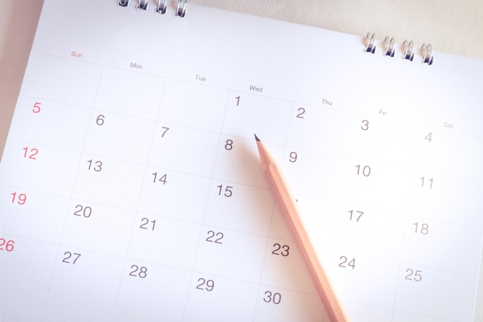Supporting Graduate Students' Academic and Professional Success

Planning and carrying out an informative, successful seminar takes a lot of organization, time, and--most importantly--planning. Holding a meaningful seminar is always a big challenge while being a compulsory course for graduate students at their early academic stage. Whether it’s your first or hundredth seminars, a few pieces of advice will help you to achieve a successful seminar.
[Image Description: A group of people sitting in chairs all applauding.]
Pictured: The ideal seminar audience
Having a clear goal for your seminar is the most essential step you should take into consideration. You must be able to give a clear answer to the question: why was this seminar organized and what we are expected to share during this seminar? Once this question is answered, you should know what you are expecting from the event. Based on these elements you will develop a concrete plan. In detail, once you have identified the information to convey and who will convey it, we can identify our audience. Once the target audience is determined, then we can move on to decide our seminar location and date.
An appropriate time and location are additional ways you can be sure to host a successful seminar. During this health pandemic, almost every seminar will be host online. Hence when location is concerned, you need to ensure that every participant has access to the online meeting. Concerning the date, the different date options must be carefully assessed to prevent guests from being unavailable. You will need to choose a date when the majority of the participants will be available. Avoid periods when your target audience is likely to be on holidays, or bank holidays, and national celebration days. Before setting a definitive date, it is also important to ask participants if they are available. A most common choice is picking two potential dates — an optimal and a second-best date for backup, just in case.
[Image Description: Rows of empty chairs.]
Pictured: Plenty of space for your audience
Additionally, promotion and communication are critical steps to a successful seminar. How you promote and communicate will determine the perception and the scope of your event. The bigger the event, the more promotion and communication you will need. Before your event, you should develop a messaging card with a brief description of your seminar and post it on social media. In addition, setting up automatic weekly posts of your event card on social media to keep your seminar in people's minds. Besides promotion, you must follow up with your audience at least once before the seminar takes place. A follow-up reminder must be sent at least a week before the seminar to reminding the participants of the upcoming event. Do not forget to distribute your seminar to online event calendars.
[Image Description: A calendar with a pencil resting on it.]
Pictured: You, making sure you save the date
After your seminar is done, a concise survey can be sent out to asking for feedback. Feedback is always a straightforward method to check if you prepared well or if there are places you should improve for your future seminars.


